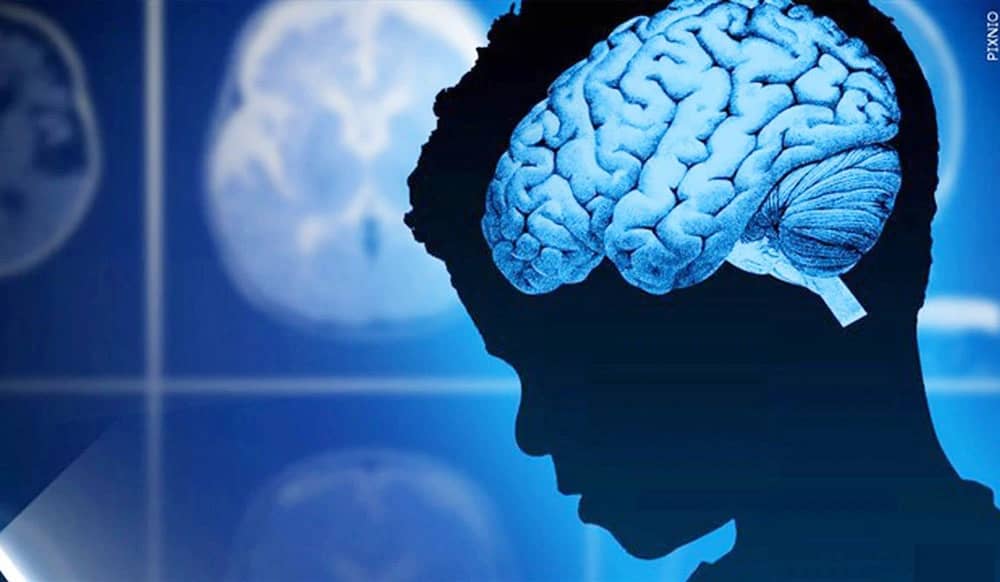Breakthrough discovery offers hope for reversing brain ageing

BY Sola Ogundipe
In a leap forward for neuroscience and ageing research, scientists at UC San Francisco have identified a single protein—FTL1—that may hold the key to reversing age-related cognitive decline. This discovery could pave the way for revolutionary treatments that not only slow brain ageing but actually reverse it.
Researchers found that older mice had elevated levels of FTL1 in the hippocampus—the brain’s memory centre—leading to weaker neural connections and sluggish brain activity. But when they blocked FTL1, the results were astonishing: the mice regained youthful brain function and performed better on memory tests.
Reducing FTL1 didn’t just slow ageing—it reversed it. Neurones grew more complex branches, connections between brain cells increased, and cognitive performance bounced back. As Dr Saul Villeda put it, “It is truly a reversal of impairments.”
The team believes that targeting FTL1 could lead to future therapies for age-related memory loss and neurodegeneration. By stimulating metabolism and blocking this protein, scientists may be able to rejuvenate ageing brains.
With support from major foundations and institutions, this work marks a hopeful turning point. “We’re seeing more opportunities to alleviate the worst consequences of old age,” said Villeda. “It’s a hopeful time to be working on the biology of ageing.”
This isn’t just a scientific win—it’s a glimpse into a future where growing older doesn’t mean growing dimmer. Imagine a world where memory stays sharp, learning stays vibrant, and age becomes just a number.
The post Breakthrough discovery offers hope for reversing brain ageing appeared first on Vanguard News.







